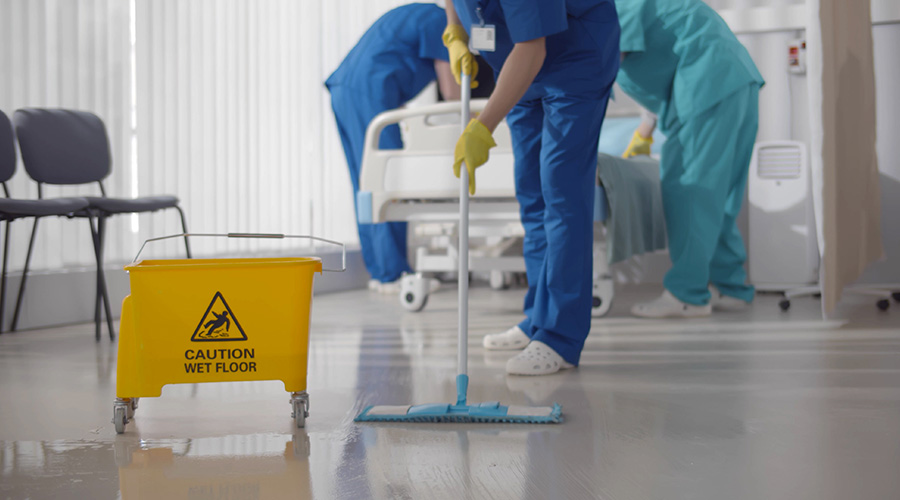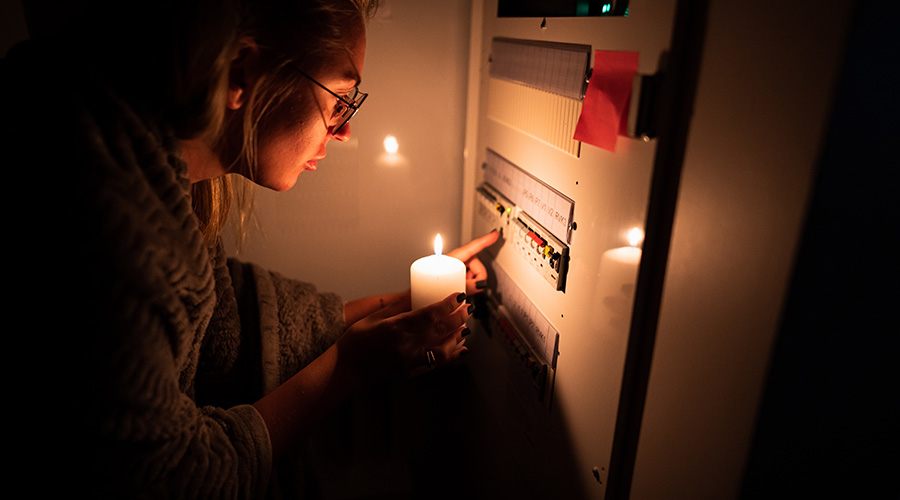The presence of one ill healthcare worker in a long-term care facility led to respiratory infections among 17 patients and more than $12,000 in total medical costs, according to a study conducted by researchers in Japan. Findings from the study suggest that addressing the causative factors for such exposures is critical to help prevent infectious disease outbreaks in similar facilities.
Respiratory tract infections account for more than 40% of deaths among patients with severe motor and intellectual disabilities (SMID). While many SMID facilities, including the one involved in the current study, follow standard employee health-surveillance protocols to prevent such infections, consistent adherence to these protocols can be difficult.
Multiple issues also might contribute to the so-called presenteeism of employees, including concerns about lost income, lack of days off, burdening colleagues, and maintaining professionalism. In the current study, researchers sought to identify the source and resulting costs of respiratory infections among 18 individuals in the 55-bed SMID ward of one public hospital in Japan.
All individuals in the study cohort had a fever of 99.5 degrees or higher with respiratory symptoms, such as cough and nasal discharge. Researchers first conducted an outbreak investigation, which identified a healthcare worker as the single, initial cause of the outbreak. Researchers confirmed the healthcare worker as the outbreak cause through univariate statistical analysis. In this case, the worker was a part-time employee with 10 years of experience who came to work despite having a cough, nasal discharge, sore throat and headache. She completed a health screening checklist upon arrival for her shift and practiced standard precautionary measures, such as wearing a surgical mask

 Building Sustainable Healthcare for an Aging Population
Building Sustainable Healthcare for an Aging Population Froedtert ThedaCare Announces Opening of ThedaCare Medical Center-Oshkosh
Froedtert ThedaCare Announces Opening of ThedaCare Medical Center-Oshkosh Touchmark Acquires The Hacienda at Georgetown Senior Living Facility
Touchmark Acquires The Hacienda at Georgetown Senior Living Facility Contaminants Under Foot: A Closer Look at Patient Room Floors
Contaminants Under Foot: A Closer Look at Patient Room Floors Power Outages Largely Driven by Extreme Weather Events
Power Outages Largely Driven by Extreme Weather Events